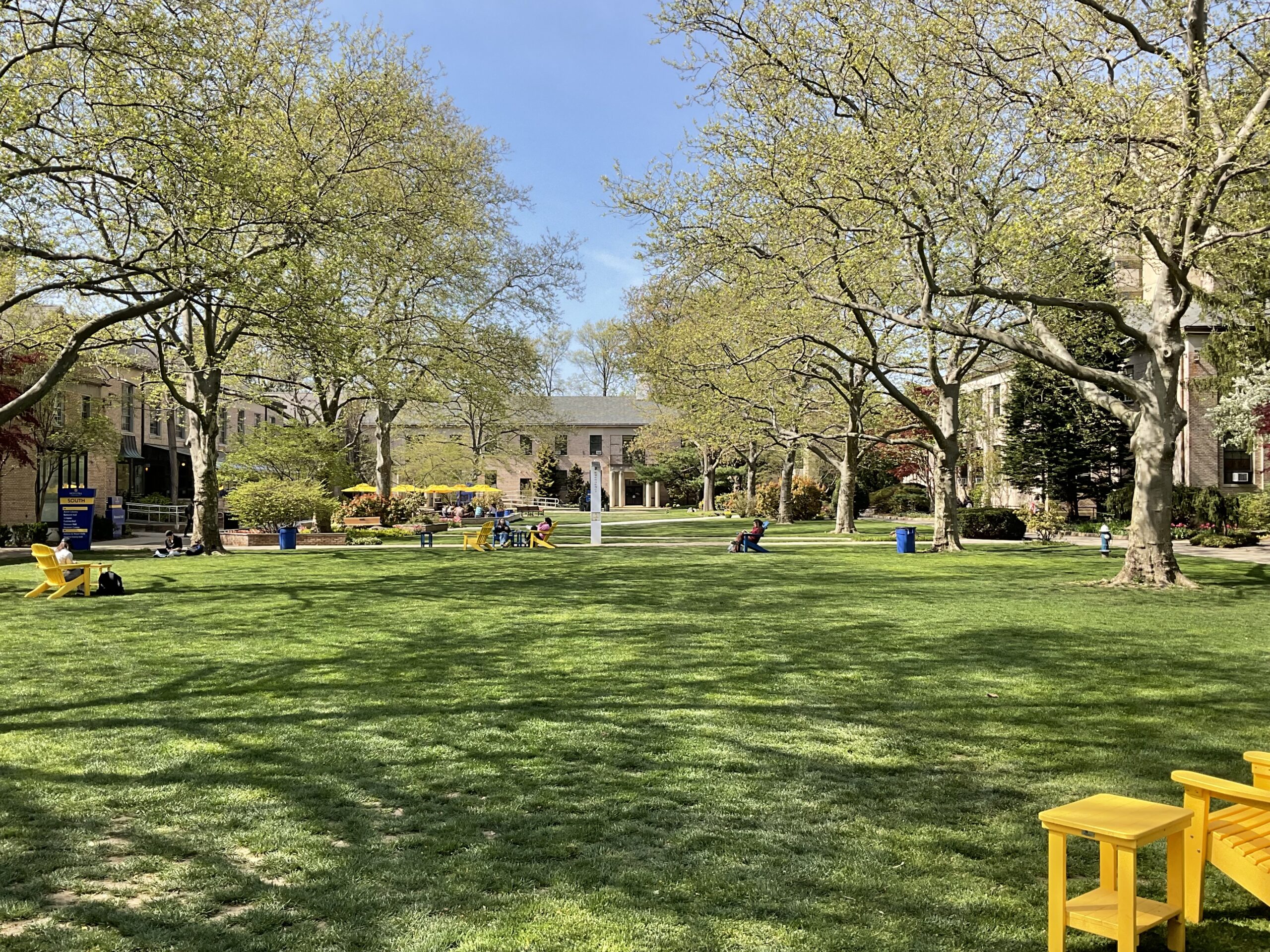The Best College is the One You Can Afford (Getting Into College is Only the First Step to Your Success)

My dad didn’t make much money. He was a first generation American who served in the American army in World War II. He was a high school graduate but did not go to college. He worked for the same company for over 40 years, coming home for lunch every day while making sure that my mother and I were fed and clothed – and that I was educated. I am an only child, and I once asked him what he and my mom would have done if they had been fortunate enough to have had two children. He quite frankly told me that I would have attended a state university, not a private one.
My dad was a saver. He saved and saved and saved for my college education. He and my mom didn’t take fancy vacations; our most exotic was spending a few days at the beach in Atlantic City, New Jersey. I wasn’t a rich kid, but I had a good childhood.
When I was getting ready to go to college, my dad applied for a private local scholarship. I didn’t get it. It went to another student whose father hadn’t spent years and years saving for his child’s education. I know my dad was upset but he somehow managed to scrape together the money to send me to college, and fortunately, my grades were good enough that NYU awarded me a small merit scholarship – $1200 per year (which I think was reduced to $1000 at some point).
It has long bothered me that people who scrimp and save for higher education sometimes have the system boomerang on them; they are penalized for doing the right thing because the system doesn’t care and cannot assess what it has taken for them to get to where they are. When I see the price of college, I shudder: over $80,000 at a private college or university. It cost my dad $4000 per year, and that was hard for him even then, so I can imagine how difficult it is for so many people to send their children to college these days.
Nevertheless, there are ways to continue to college after high school, keeping in mind that among the factors in making the best college match is affordability, to have the ability to pay for college and not be saddled with years and years of debt. I firmly believe that you can be successful whether you go to Harvard or to a public university or to a less selective school or to community college. In my practice, I see as much potential in students who aren’t going to the most selective schools as in my students who are. Sure, plenty of successful people started their careers by attending very selective private colleges, but many did not. (And many of the latter parlayed those experiences into getting into those selective schools as graduate students.) Filmmaker Steven Spielberg went to California State University, Long Beach. Sergei Brin, one of the founders of Google, went to the University of Maryland; his co-founder, Larry Page, the University of Michigan. Howard Schultz of Starbucks went to Northern Michigan University. President Biden went to the University of Delaware. Kevin McCarthy, the Speaker of the House, went to Cal State Bakersfield while Hakeem Jeffries, the House Minority Leader, went to Binghamton University. Nikki Haley, the former US Ambassador to the United Nations who is now running for president, went to Clemson. Matt Groening, the animator for The Simpsons, went to Evergreen State College in Washington State. Tom Hanks first went to community college and then to Cal State Sacramento. Astronaut Eileen Collins started her career at Corning Community College. Oprah Winfrey went to Tennessee State, an historically black university. And mogul Warren Buffet went to the University of Nebraska-Lincoln.
So take to heart the saying that it’s not what college you attend but what you make of that experience.
By the way, I am just as proud an alumna of NYU as any graduate of an Ivy League university.
More resources on finding your college match
Check out my College Blog to read more articles on the college search process that can help you find the right college match. You can also obtain a free copy of my ebook on applying to college.

